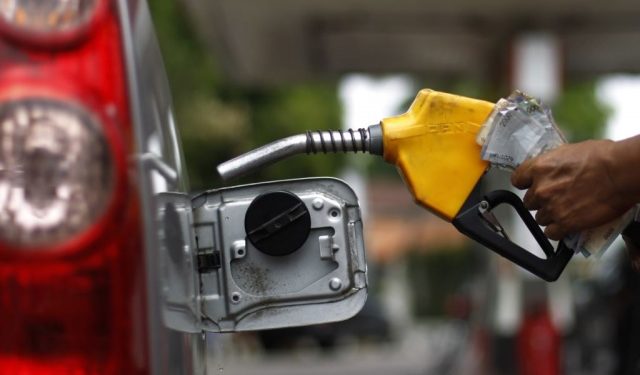The government is under pressure to remove the entire petroleum tax or part of it to reduce prices at the pump. That’s something the government is unwilling to and can’t afford to miss out on revenue. There’s a total of ¢4 billion at stake annually.
We know how the government is cash-strapped. It’s faced with tight fiscal financial conditions hence removing the petroleum tax will worsen the current condition. Some of the revenues from the same petroleum tax are used to pay some of the salaries of the seven hundred thousand public workers on government payroll. As a result, this option is not available to the government because of constraints in revenue generation.
In June 2015, the petroleum industry regulator for BDC & OMC, the National Petroleum Authority, NPA finalised its deregulation process, which is Price Liberalisation. This involved a full decontrol of the prices of petroleum products from government.
Private importers, distributors and retailers are empowered to set ex-refinery and ex-pump prices with no intervention from the government.
However, just like the US, government should consider the release of petroleum products from its strategic petroleum stock if it’s available to help bring the prices of petrol and diesel down.
The Strategic reserve stock (SRS) was established as an emergency measure which government can tap into during an energy crisis. There’s a fuel crisis and the government is justified to use the SRS. It’s the last instrument the government can apply to avoid further economic hardship for Ghanaians.
The US recently announced an increase in the release from its Strategic Petroleum Reserve, SPR by 10 million barrels of oil since its largest release of 180 million barrels earlier this year to make up for the loss of crude oil supply on the global market due to the Ukraine war. The US government has been trying to reign in prices at the pump ahead of their midterm elections.
Ghana is not energy self-sufficient. Even though we produce 170, 000 barrels per day of crude, we still import 64,000 barrels of refined oil daily to meet our consumption demand.
As a result, we are exposed to the volatility of the global oil market. Ghana can secure its energy future with a reliable source of supply of crude oil from its oilfields and an efficient operating refinery to process it.
Latest Stories
-
DAMC, Free Food Company, to distribute 10,000 packs of food to street kids
24 minutes -
Kwame Boafo Akuffo: Court ruling on re-collation flawed
44 minutes -
Samuel Yaw Adusei: The strategist behind NDC’s electoral security in Ashanti region
46 minutes -
I’m confident posterity will judge my performance well – Akufo-Addo
57 minutes -
Syria’s minorities seek security as country charts new future
2 hours -
Prof. Nana Aba Appiah Amfo re-appointed as Vice-Chancellor of the University of Ghana
2 hours -
German police probe market attack security and warnings
2 hours -
Grief and anger in Magdeburg after Christmas market attack
2 hours -
Baltasar Coin becomes first Ghanaian meme coin to hit DEX Screener at $100K market cap
3 hours -
EC blames re-collation of disputed results on widespread lawlessness by party supporters
3 hours -
Top 20 Ghanaian songs released in 2024
3 hours -
Beating Messi’s Inter Miami to MLS Cup feels amazing – Joseph Paintsil
3 hours -
NDC administration will reverse all ‘last-minute’ gov’t employee promotions – Asiedu Nketiah
4 hours -
Kudus sights ‘authority and kingship’ for elephant stool celebration
4 hours -
We’ll embrace cutting-edge technologies to address emerging healthcare needs – Prof. Antwi-Kusi
4 hours

